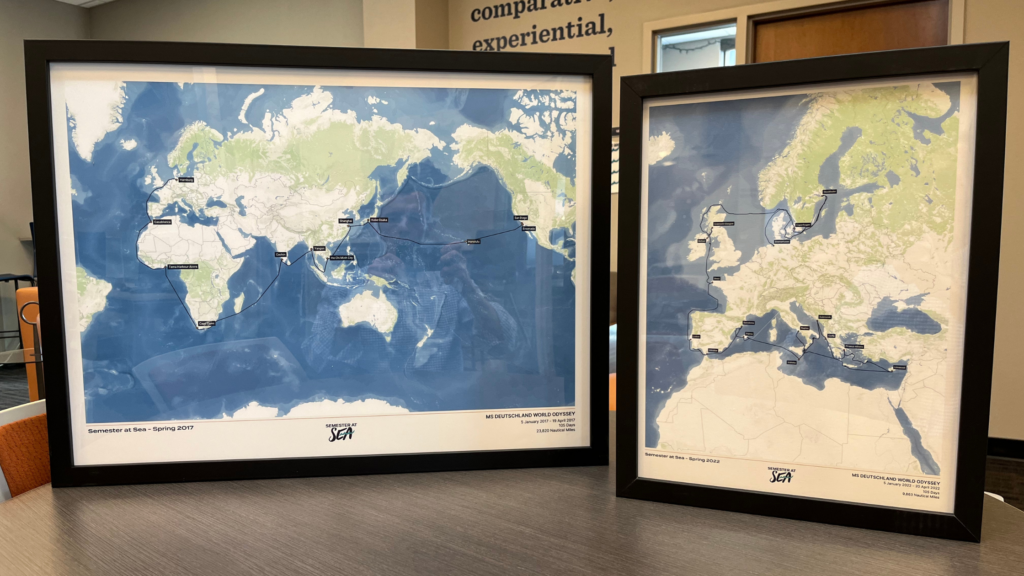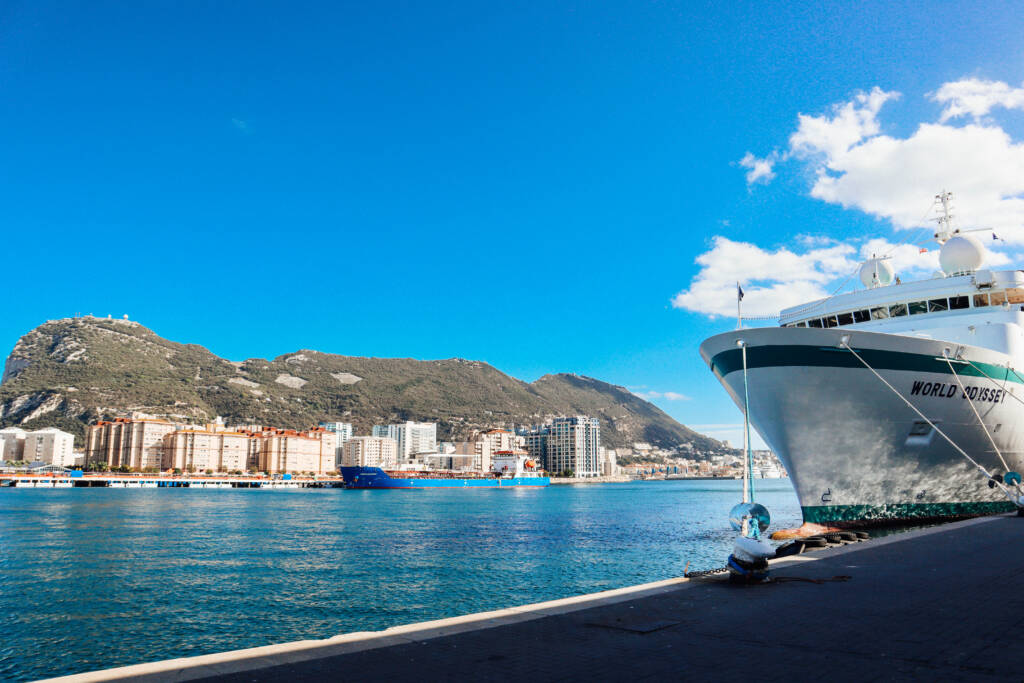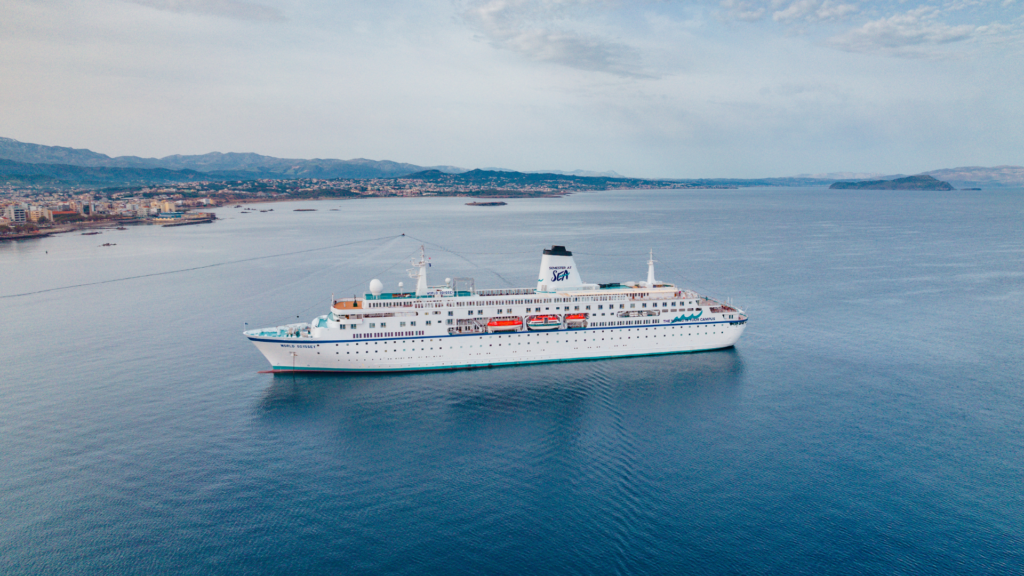
Brazil is a land of extremes. Powered by the mighty Amazon River, whose shores rise and fall 20 meters each year with the seasons, those highs and lows are mirrored by the fabulously affluent and the destitute. Unlike the Amazon, though, the lines between wealthy and poor remain firmly entrenched, with little to no upward mobility. 68 percent of Brazilians are functionally illiterate. Less than half of 18 year olds complete secondary schooling and of those, less than 30 percent make it to university. Education is the number one predictor for financial success, according to Dr. Andrea Alston Roberts, professor of Personal Finance on the Fall 2015 voyage. In the heart of Bahia, the crumbling colonial metropolis of Salvador seeks to grow new roots to create social change. Dr. Roberts’ Personal Finance class took a field lab to a community run school and an activist institute to learn more about the economic factors that we can help affect, and the ones that affect us without our control.

“They had to answer the question, ‘what in your personal life have you had no control over but will impact your financial life?’ That can be negatively or positively. My hope is that at the end of the day, when the students are working or having conversations, they don’t make this comment, ‘I did it all on my own; why can’t you do it all on your own?’ Because none of us have done it all on our own, and that’s what I really want them to get,” Dr. Roberts stated.
The oldest favela (slum) in Salvador is Calabar. Though originally on the outskirts of the city, Calabar has been surrounded by the city, and while most homes have running water and electricity, it remains one of the poorest areas. Students walked down a narrow alley of colorful stoop shops and unfinished concrete apartments to reach Escola Alberto do Calabar. The primary school is run on community donations and non-government grants, and accepts any child between the ages of 3-15 on a first come, first served basis. There are no public schools in Calabar, and the school has a waiting list of 300 due to capacity in the small open-air building. Voyagers joined the students in playing soccer with balls donated by One World Futbol, engaged in language learning games.
Courtney Smith, business administration major at Southern University and A&M College, appreciated the opportunity to talk with the children.
“When the children started to shout their various class subjects to us you could not miss their desire to learn. Despite the language barriers, it was impossible to miss their need to gain as much insight into a new culture as we were trying to do with them.”

Brenda Wacuka Njoroge, a Davis Scholar from Kenya on the Fall 2015 voyage, attends Smith College. She said that the visit made her think about the choices her parents made that gave her the opportunity for a better education.
“I have never thought about how there are less and less people like me as I move through life, and never think about what my government had to do or not do with my success, but as I sat in the school in Salvador around eager playful children with high hopes about the future, my mind kept wandering between them and a question; what if I had attended public school because of financial constraints and depended on the government for my education? Where would I be?”
The class spent the second half of their day focusing on higher education at the Instituto Cultural Steve Biko (Steve Biko Institute). Just a few steps away from the Escadas do Camo, the stairs made famous by the 1960s Brazilian film O Pagador de Promessas, lies the institute’s bright yellow building. Founded in 1992, the institute prepares black students for Brazil’s college entrance exam, the vestibular. In the 81% black identified state of Bahia, only 20% of college graduates are black. The vestibular is notoriously difficult, and the poor first and secondary education most black students receive leave them with little chance of passing.

The Steve Biko Institute is named after the black South African activist, who was known for his activism as a student and his focus on education. The institute uses his words as a rallying cry. “The most potent weapon in the hands of the oppressor is the mind of the oppressed.”
The institute also engages in street protests during carnivale to promote black rights and awareness. 5,000 Bahians have completed their course on “citizenship and black consciousness,” where students learn about black Brazilian leaders and are encouraged to take pride in their heritage.
After hearing student accounts firsthand of how culture impacts education, Jack Turney, student at University of San Diego, said, “I cannot imagine what it would be like to be slave to the cultures and ideologies of a hundred years ago, yet that is exactly what many Brazilian citizens go through. This concept of ‘mental slavery’ prevents them from feeling like they have any self of self-worth and drastically alters their level of self-esteem.”
Courtney Smith added, “I was very lucky to have this field lab the first day in Brazil. It was by far the best and most educational experience I have had during this whole semester at sea journey. This field lab gave me further insight into the daily life of a Brazilian, it showed me the financial struggles, education struggles and racial struggles that many Brazilians face from childhood into adulthood in turn creating a never-ending cycle.”



